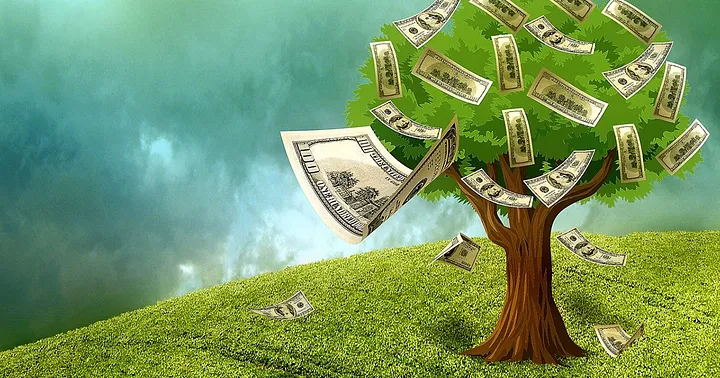Slush funds have been a topic of interest and scrutiny for many years. Despite being illegal in most countries, they continue to be a widespread practice, with billions of dollars being funneled into these secret accounts every year. In this article, we will delve into the shadowy world of slush funds and explore the conspiracies and deception that surround them.
Slush funds, by definition, are secret pools of money set up by individuals or organizations for undisclosed purposes. The term “slush fund” has negative connotations and is often associated with corruption, bribery, and illicit activities. While there are some legitimate uses for slush funds, such as political campaign financing or disaster relief efforts, the vast majority of slush funds are used for illegal or unethical purposes.
One of the most common uses for slush funds is to pay bribes or kickbacks. Companies and individuals who are seeking to win contracts, secure permits, or gain other advantages often use slush funds to pay off government officials or other influential people. The secrecy of slush funds allows the bribe-giver to remain anonymous, reducing the risk of exposure and punishment.
Another common use for slush funds is to hide money from tax authorities. The funds can be used to evade taxes by moving money to offshore accounts or through other means. The funds can also be used to launder money, as they provide a way to “clean” illegal proceeds by moving them through multiple accounts and disguising their origin.
Slush funds can also be used to finance political campaigns. Campaign finance laws vary by country, but in many cases, there are limits on the amount of money that individuals or organizations can donate to political candidates. Slush funds provide a way around these limits, as they allow individuals and organizations to make unlimited contributions without having to disclose their identities.
Slush funds are often difficult to detect and even harder to prosecute. The secrecy surrounding these accounts makes it difficult for law enforcement agencies to trace the funds and determine their intended use. Additionally, slush funds can be moved from one account to another, making it even more difficult to track the money.
Despite the challenges, there have been several high-profile cases in recent years where slush funds have been exposed and those responsible have been brought to justice. In one notable case, a multinational corporation was found to have set up a slush fund to pay bribes to government officials in order to secure contracts. The company was fined billions of dollars and several executives were sentenced to prison.
In conclusion, the world of slush funds is a murky and deceptive one, filled with conspiracies and illegal activities. Despite the efforts of law enforcement agencies, slush funds continue to exist and thrive, making it critical that we remain vigilant in our efforts to expose and prosecute those who use these secret accounts for illegal purposes. It is only through continued exposure and prosecution that we can hope to stamp out the corrupt practices associated with slush funds and restore transparency and integrity to our financial systems.












